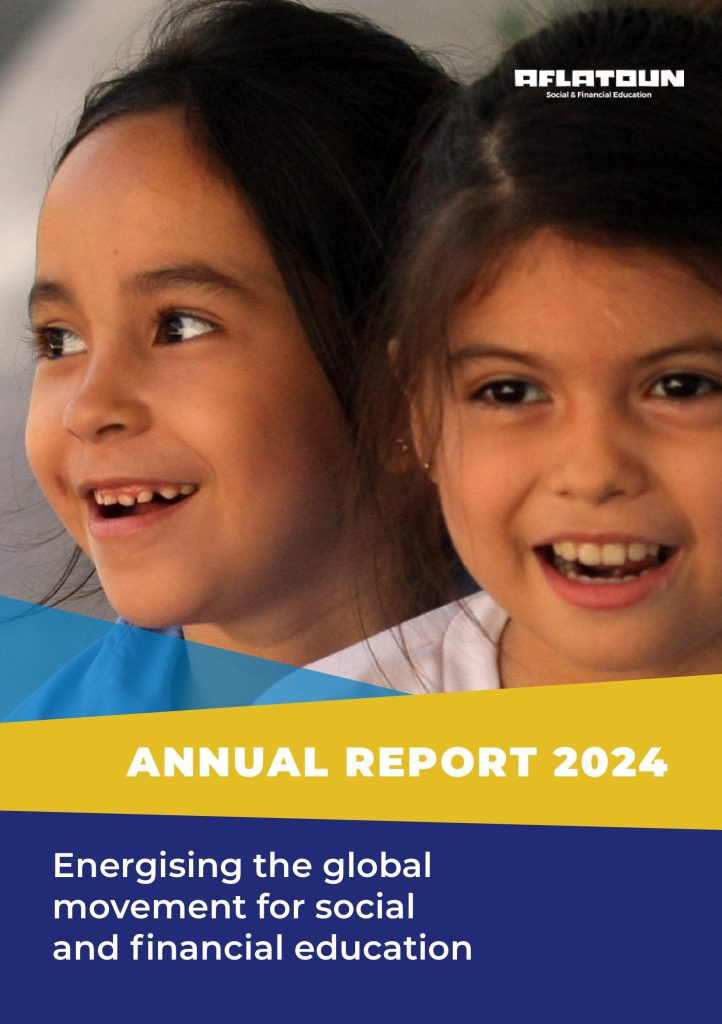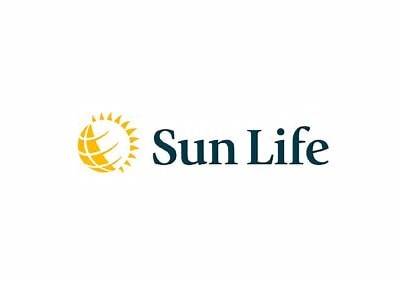Key Achievements at a Glance
- 21,027 adolescents reached (81% of the original 26,000 target).
- 580+ clubs established across 3 countries.
- Over 300 trainers and facilitators certified.
- 489 clubs and 14,670 youth reached in DRC alone.
- Multiple national integration workshops held with ministries and education authorities.
- Radio series launched in Benin with 34 engaging episodes.
Over the past three years, Aflatoun International, in partnership with local organisations and with the generous support of the Nationale Postcode Loterij (NPL), has implemented a groundbreaking initiative across Senegal, Benin, and the Democratic Republic of Congo (DRC). The project, “Empowering Adolescents Through Life Skills and Financial Education,” has not only delivered vital Social and Financial Education to over 21,000 young people but has also strengthened local systems and inspired a movement of empowered youth ready to take charge of their futures.
This blog takes a deep dive into the transformative journey from August 2021 to December 2024 – highlighting key milestones, challenges, innovations, and the lasting impact of this multi-country project.
The Vision Behind the Project
The foundation of this initiative lies in the belief that young people are powerful agents of change. But to lead, they need access to knowledge, support, and opportunities. Financial literacy, life skills, and entrepreneurship education are critical tools that help adolescents make informed choices, navigate complex social realities, and build pathways out of poverty.
Guided by Aflatoun’s proven child-centered, rights-based methodology, the project had three primary objectives:
- Strengthen local civil society to deliver high-quality life skills, reproductive health, and financial education.
- Implement Aflateen+ programmes directly with youth across formal and non-formal education settings.
- Advocate for the integration of life skills and financial education into the national education system in each country.
With these pillars, the project aimed to reach 26,000 youth (ages 10–19) across Senegal (7,000), Benin (5,000), and the DRC (14,000).
Laying the Groundwork: Partner Engagement & Curriculum Adaptation
In Benin
The project launched in Cotonou with SIF-Groupe at the helm. Key national stakeholders, including ministry officials and financial education authorities, were engaged from day one. A National Technical Monitoring Committee was formed to oversee implementation and ensure alignment with national education goals.
Through a series of workshops, the Aflateen+ curriculum was contextualised for Benin’s youth, reflecting local realities and cultural nuances. Particular care was taken to align the curriculum with existing education priorities, especially in secondary and vocational training.
In Senegal
The project in Senegal was spearheaded by CS-Fayda, known for its innovative use of sports in development. Launch events attracted a wide range of partners, including ministries, youth organizations, and media outlets. The curriculum adaptation process highlighted the importance of localising content around sexual and reproductive health (SHRH) — leading to an adjusted minimum age of 14+ for Aflateen+ participants to ensure content appropriateness.
In the DRC
In Kinshasa, APROCEC led the charge with support from stakeholders like the Ministry of Education, the Central Bank, and civil society. Contextualisation of the curriculum was carried out with deep stakeholder involvement, ensuring strong ownership and buy-in from the national level.
Across all three countries, technical committees were created to support the integration process and guide curriculum development, ensuring the relevance and sustainability of the programme.
Building Capacity: Training the Trainers and Facilitators
A critical part of scaling the Aflateen+ model involved training a network of educators and facilitators.
Between 2022 and 2024, hundreds of trainers and facilitators were certified across all three countries. The cascading training model ensured that national and local actors could continue delivering the curriculum beyond the project’s timeline.
- In Benin, over three annual cycles, more than 60 trainers and 70 facilitators were trained across Cotonou, Porto-Novo, and rural municipalities. Despite coordination challenges between partners SIF-Groupe and Action Sociale, adaptive management by Aflatoun ensured continuity and impact.
- In Senegal, about 27 trainers and 90 facilitators were trained by 2023, despite delays due to national elections and socio-political instability. Trainings were regionally distributed across Matam, Bignona, Tambacounda, and Dakar.
- In DRC, the numbers were even more impressive: over 240 facilitators and 60 trainers were certified, setting up a strong infrastructure for grassroots delivery. The local-led training model used in Year 3 was particularly effective in boosting national ownership.
Aflateen+ Clubs: Spaces of Learning, Growth, and Leadership
The real magic happened inside the Aflateen+ Clubs — vibrant spaces where youth came together to learn, collaborate, and act.
Across the three countries:
- Over 580 Aflateen+ clubs were formed.
- More than 21,000 youth (including 11,000+ girls) actively participated in structured sessions on life skills, budgeting, saving, rights and responsibilities, and entrepreneurship.
These clubs became incubators of ideas and empowerment. Youth developed personal and group projects — from savings groups to community awareness campaigns and small enterprises.
A highlight in DRC was the extraordinary overachievement in club formation, with 489 clubs formed — 191% of the target — reaching nearly 15,000 youth. In Benin, Action Sociale’s clubs engaged over 2,500 adolescents, with gender-balanced leadership and weekly sessions designed by the youth themselves.
Innovation in Action: The AflaSound Radio Series
To broaden access and support inclusive learning, the project piloted Aflateen+ radio lessons, especially in Benin.
The AflaSound series featured 34 episodes (6 minutes each), following fictional teens Fati and Ali as they navigated challenges related to money, gender roles, peer pressure, and career goals.
These episodes:
- Complemented in-person club delivery.
- Were aired on local radio stations and used in group sessions.
- Offered flexible learning for out-of-school or rural youth.
The radio model allowed Aflatoun to test new pathways for SFE and explore future hybrid models combining digital, radio, and face-to-face delivery. Listen to AflaSound Radio Series HERE
Integration into National Systems: Advocacy & Policy Engagement
Sustainability was always the goal. That’s why Aflatoun focused not just on direct delivery, but also on influencing national education policy.
In Benin:
Through multiple integration workshops in 2023, Aflatoun and partners worked with ministries to align the Aflateen+ curriculum with national frameworks. By March 2025, 26 government experts were trained to cascade this model nationwide.
In Senegal:
Despite delays from government transitions, progress was made. A formal partnership with OQSF and BCEAO led to a validated curriculum framework and the planned rollout of teacher training in 2025.
In DRC:
The most advanced country in integration efforts. A full National Integration Committee was formed, 76 public educators were trained, and curriculum testing began in 10 schools by early 2024.
Overall, these efforts have positioned Aflatoun’s model not as a standalone intervention, but as a component of the national education strategies in each country.
Monitoring, Evaluation, and Learning: What We Discovered
Impact evaluation was a cornerstone of the project. Conducted in partnership with NEDICO, three major studies were carried out:
- Pre/Post Impact Evaluation (DRC): Showed marked improvements in participants’ knowledge of rights, budgeting, saving behavior, and self-confidence.
- Comparative Study (Benin): Analyzed differences between urban and rural club implementation and highlighted how contextual adaptations boost learning.
- Radio Integration Study (Benin): Demonstrated that clubs using AflaSound showed stronger engagement and knowledge retention.
These studies, along with youth-led case stories and club-based assessments, offered clear evidence that Aflatoun’s approach is effective, scalable, and transformative.
Stories That Inspire
Beyond numbers, the most compelling proof came from the voices of young people:
- In Porto-Novo, 16-year-old Clarisse shared how learning about budgeting helped her save for school supplies and taught her siblings the same.
- In Kinshasa, a boys’ club launched a small poultry business using skills learned from Aflateen+ sessions.
- In Bignona, a group of girls created a community radio program to promote gender equality and encourage savings among youth.
Each story reflected the same truth: when young people are empowered, they become change-makers.
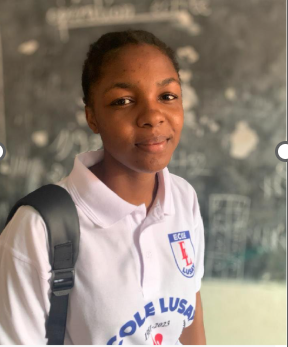

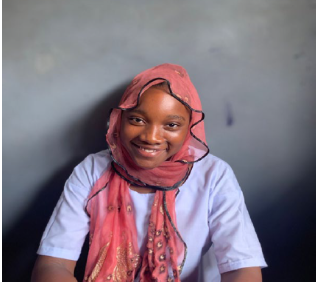
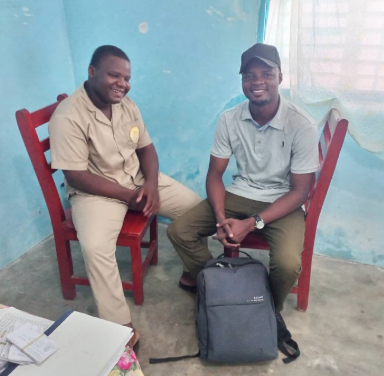
Looking Ahead: Beyond the Project Timeline
This project may be closing, but its outcomes are paving the way for continued growth. With the groundwork laid for national integration, the momentum is strong.
Here’s what’s next:
- Follow-up partnerships with education ministries in 2025 for full curriculum rollout.
- Scale-up of AflaSound to other countries and languages.
- Continued training of educators through Teacher Training Institutes.
- Youth-led enterprises and clubs continuing independently with local NGO support.
Aflatoun remains committed to supporting this growth through technical guidance, innovation, and global learning exchange.
Thank You: A Shared Success
This three-year journey would not have been possible without the dedication and collaboration of:
- Local partners: SIF-Groupe, CS Fayda, APROCEC, and many community-based organizations.
- Donors: The Nationale Postcode Loterij – thank you for their unwavering belief in the power of education!
- Government institutions: Ministries of Education, Finance, Gender, and Youth in each country.
- Facilitators and trainers who brought sessions to life.
- Youth participants who showed us what’s possible when you’re given a chance.
At Aflatoun, we believe that education is not just about knowledge — it’s about agency.
This project showed us what’s possible when young people are supported to dream, act, and lead.
We are immensely proud of the progress made. But even more, we are hopeful about the path ahead.
Let’s continue building a world where every child learns to make empowered, informed choices for themselves and for their communities!

